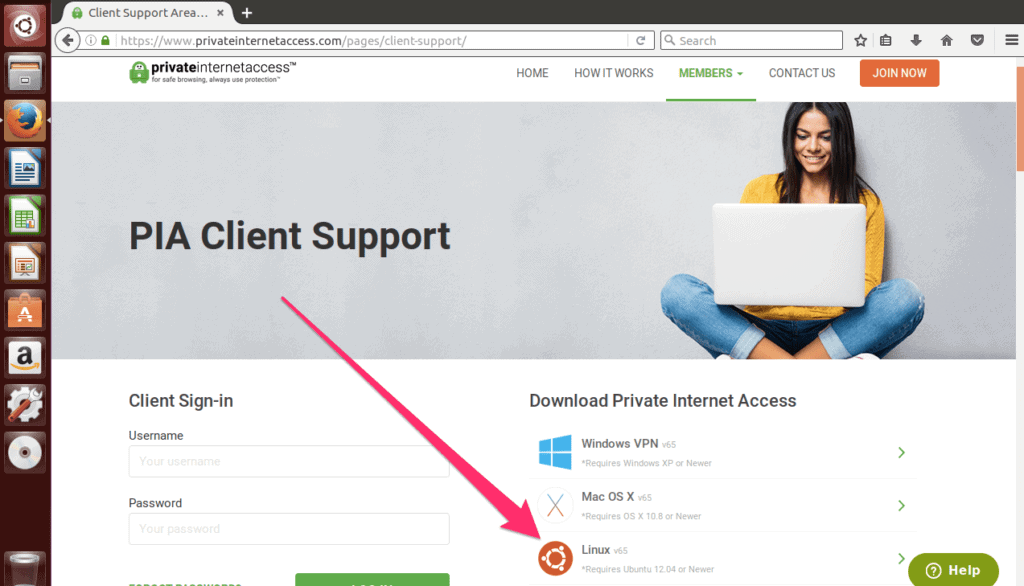
Our Recommendations Regarding PIA and CyberGhost There's good cause to believe that Kape is trying to “buy out” as much of the VPN market as possible. All three of these used to be independent VPN services with their own, internal security measures and protocols. The first two were prominent services CyberGhost and ZenMate. The acquisition of PIA makes Kape the owner of three VPN services. This isn't the first VPN service that Kape Technologies has acquired. Kape Technologies' Other Holdings: CyberGhost and ZenMate Though many named in them are guilty of some crime, some are simply wealthy people and companies. It's important to remember that simply being named in these papers doesn't imply criminal guilt. Teddy Sagi, a prime investor in Kape Technologies, was featured in the Panama Papers. They had extensive records of communications with very wealthy people, their companies, and their lawyers. These documents were leaked from a wealthy law firm in Panama to journalists. The second connection is to the infamous “Panama Papers” of 2016. While this association is certainly questionable, it does not prove any wrongdoing. The unit is essentially Israel's version of the US's NSA. Certain security experts see the fact that he was part of “Unit 8200” in the Israeli Army. The original SEO back when the company was still known as “CrossRider” was Koby Menachemi. Some VPN users did some digging shortly after the company switched hands into its new owners. The company changed its name to Kape Technologies to dodge the stigma associated with the name. Users would see that malware named “Adware.CrossRider” had been blocked. Its deceptive business practices led most antivirus engines to ban its products. More specifically, it was known for producing and selling adware. The original name of Kape Technologies was “CrossRider”, as it used to specialize in advertising. The Israeli company's questionable history raised red flags with VPN watchdogs. They now fully own the intellectual property behind the service and run it. Kape Technologies, a subsidiary of LTMI Holdings, purchased PIA for $95,000,000. The more recent controversy over PIA is largely due to a merger or “buyout”. Right before it switched hands, PIA was $32,000,000 in debt. With its low prices and rich features, the company burned more money than it made. It's quite possible that PIA provided too many services to its users. The financiers at London Trust Media determined that they'd had their prime days, and it was time to move on. Over a period of around nine years, its value increased from $0 to $95,000,000. This and some support quirks that annoyed users were quickly resolved. It initially had load balancing issues due to unprecedented demand. PIA was begun as London Trust Media's first startup. These factors prompted many prominent security experts to back the company.

In general, the US has strong speech protections and search warrant standards. Though it has servers in various countries, London Trust Media is fully US-based. It was an original product and was regularly maintained by trusted programmers.

PIA had such unique features because it wasn't simply a rebrand of another program. London Trust Media is a small Colorado-based company and went to great lengths to be transparent. Most importantly, PIA was owned by London Trust Media from its inception through November 2019. These include 10-device support, SOCKS5 proxies, no logging, and servers in 77 countries. It's known to be jam-packed with features. PIA's premise was simple: charge below competitors' prices and provide more options.
#Utorrent private internet access setup android#
PIA's efforts at transparency, like making their Android and computer clients open-source, drew in even the most skeptical users. It was touted as a P2P-friendly VPN with loads of servers and a low price. Private Internet Access (PIA) took off quickly after its release in August 2010.


 0 kommentar(er)
0 kommentar(er)
